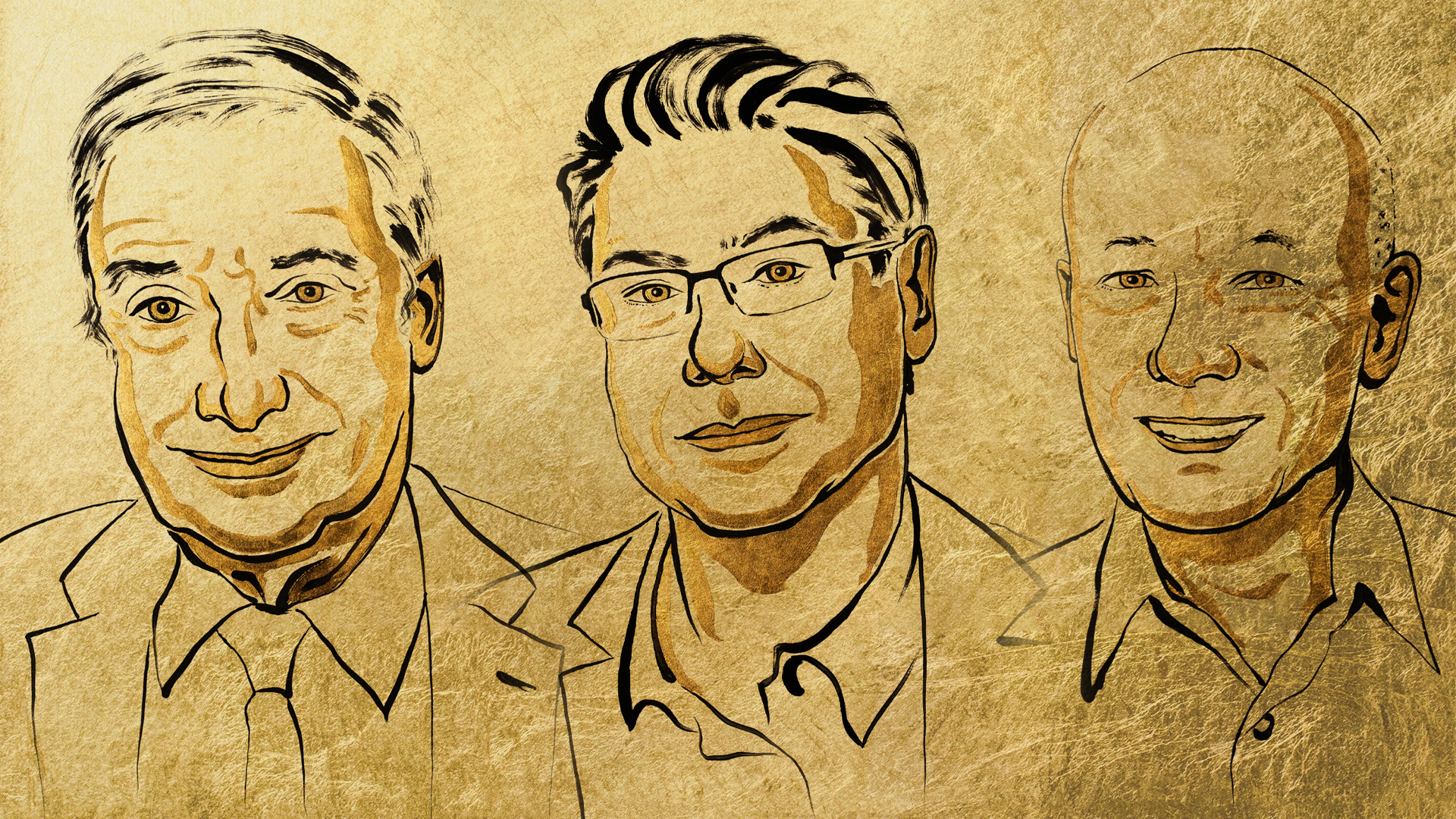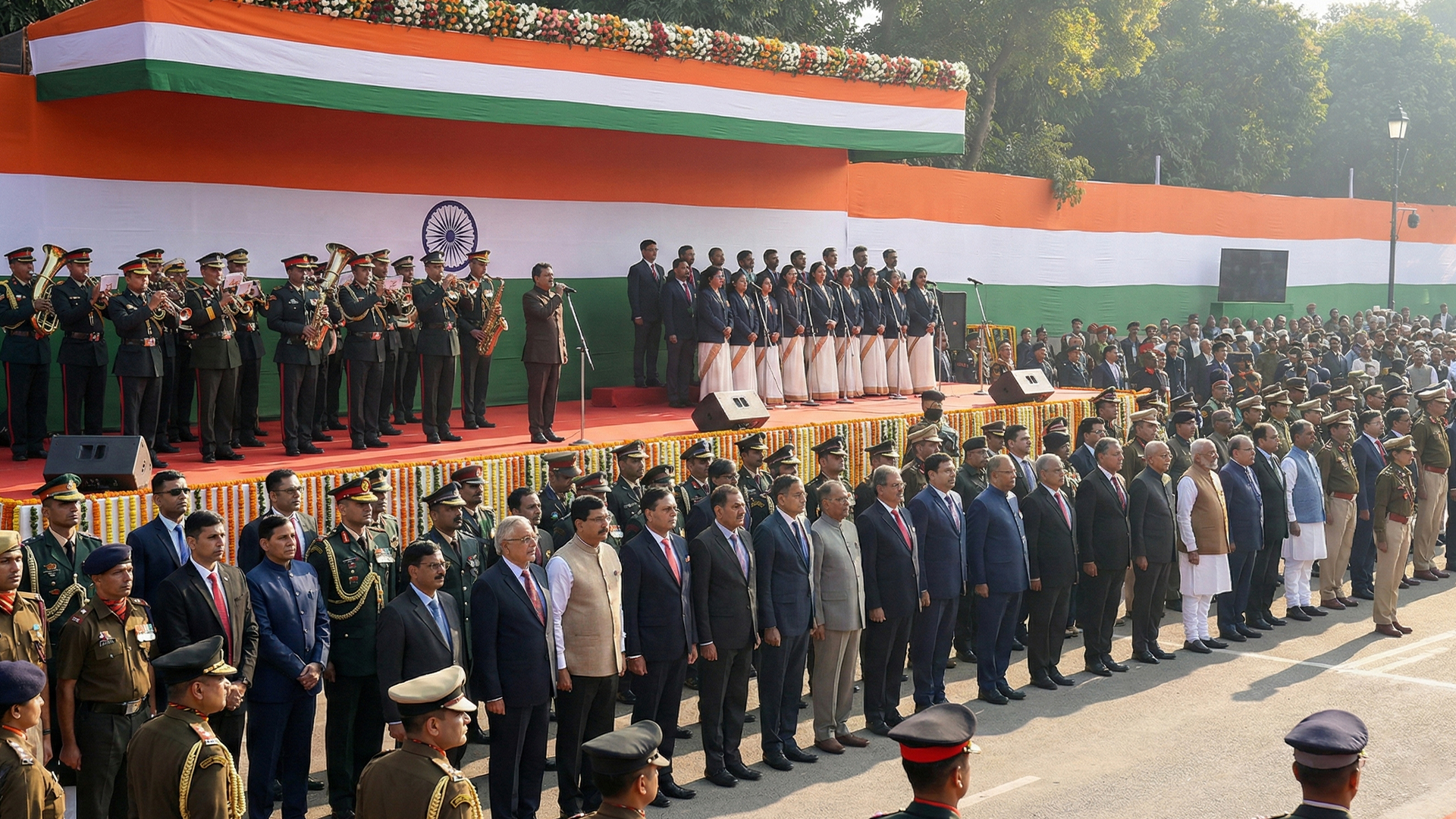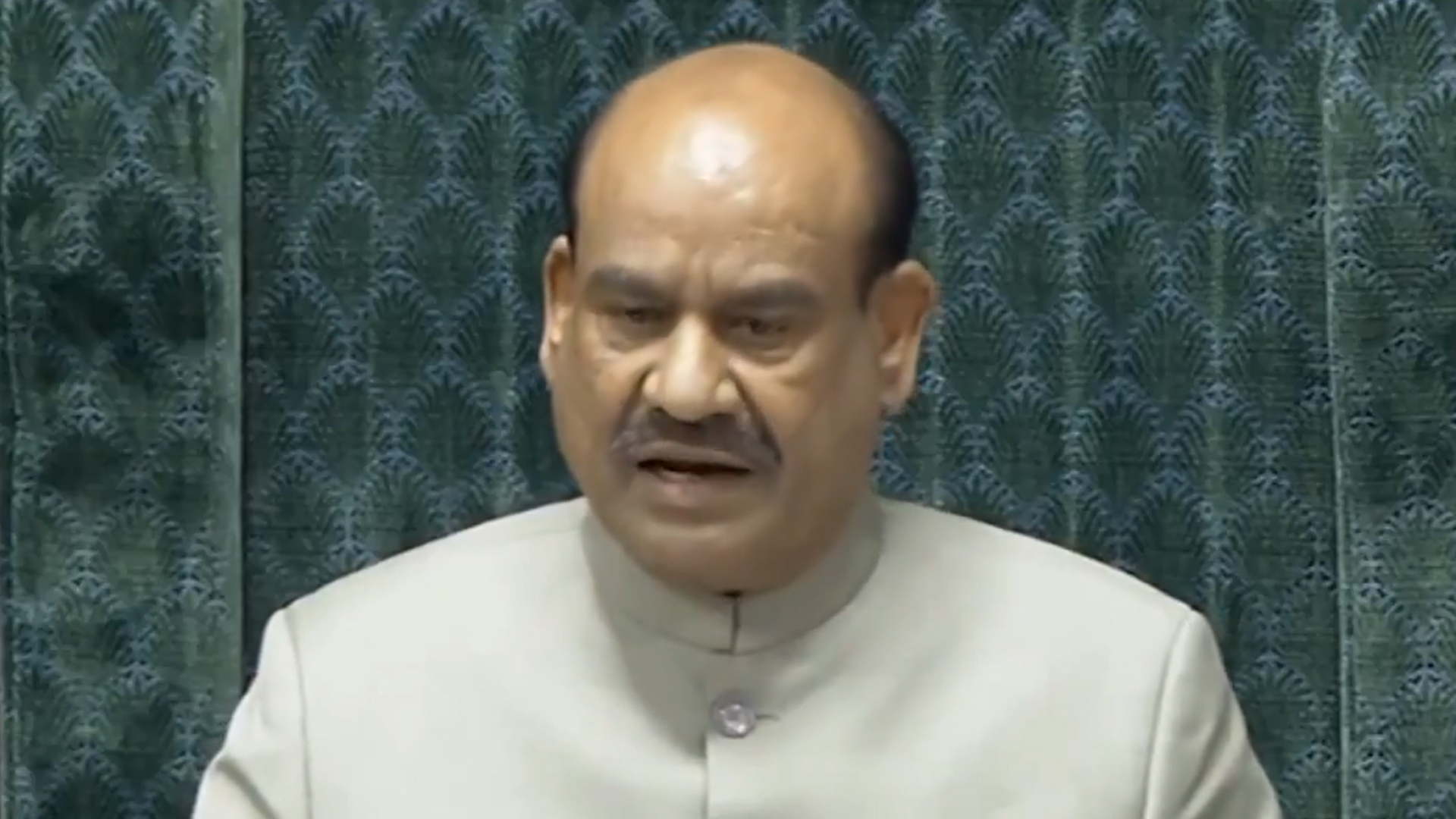This year’s Nobel Prize in Economic Sciences honors three economists whose pioneering research reshaped how the world understands the engines of growth and the fragile nature of prosperity. Joel Mokyr, Philippe Aghion, and Peter Howitt have revealed the powerful role that innovation plays in driving long-term economic development and why growth must be actively fostered to prevent stagnation. Their groundbreaking work, blending history, theory, and policy insights, has become essential reading in today’s era of rapid technological change and economic uncertainty.
Their work has transformed the way we understand economic progress as a cycle of innovative breakthroughs, disruption, and renewal. This is a concept famously known as “creative destruction.” The Nobel committee highlighted that their research not only shows how innovation powers growth but also explains why prosperity isn’t automatic and needs to be nurtured with the right institutions and incentives.
Joel Mokyr, a professor at Northwestern University, received half of the 11 million Swedish kronor ($1 million) prize. Mokyr’s influential research traces how economic expansion in Europe after the Industrial Revolution was fueled not just by technology but by a cultural and institutional shift that fostered the accumulation and sharing of knowledge, rooted in enlightenment and scientific thinking.
Philippe Aghion, affiliated with Collège de France, INSEAD, and LSE, and Peter Howitt, professor emeritus at Brown University, share the other half. They developed economic models that place innovation at the heart of growth, illustrating how new technologies replace outdated ones and how competition incentivizes firms to innovate. Their work has guided policies on competition, regulation, education, and intellectual property, stressing how missing these elements can lead to economic slowdown.
The laureates have also contributed to global policy debates where Mokyr focused on safeguarding Enlightenment values, Aghion on avoiding overregulation in Europe, and Howitt on helping emerging economies accelerate growth with open markets and sound institutions. The 2025 prize continues a trend of honoring research that connects history, theory, and policy to tackle today’s economic challenges.
With advanced economies facing sluggish growth, rising inequality, and rapid technological change, the Nobel committee called the laureates’ insights particularly relevant. “Innovation drives productivity and prosperity, but it requires active support,” they said, warning that economic stagnation remains a real risk if innovation is stifled.
As economic challenges mount globally, from slowing growth and rising inequality to the disruptive impact of new technologies, the insights of these laureates offer crucial guidance for policymakers and societies alike. They remind us that innovation is not inevitable but must be carefully nurtured through institutions, competition, and open markets. By spotlighting the delicate balance between creative renewal and economic stability, Mokyr, Aghion, and Howitt’s work brings fresh hope for sustaining prosperity in a rapidly evolving world. Their Nobel recognition is a testament to the enduring power of ideas to shape our economic future.
Also Read: Venezuelan Opposition Leader Maria Corina Machado Wins Nobel Peace Prize






